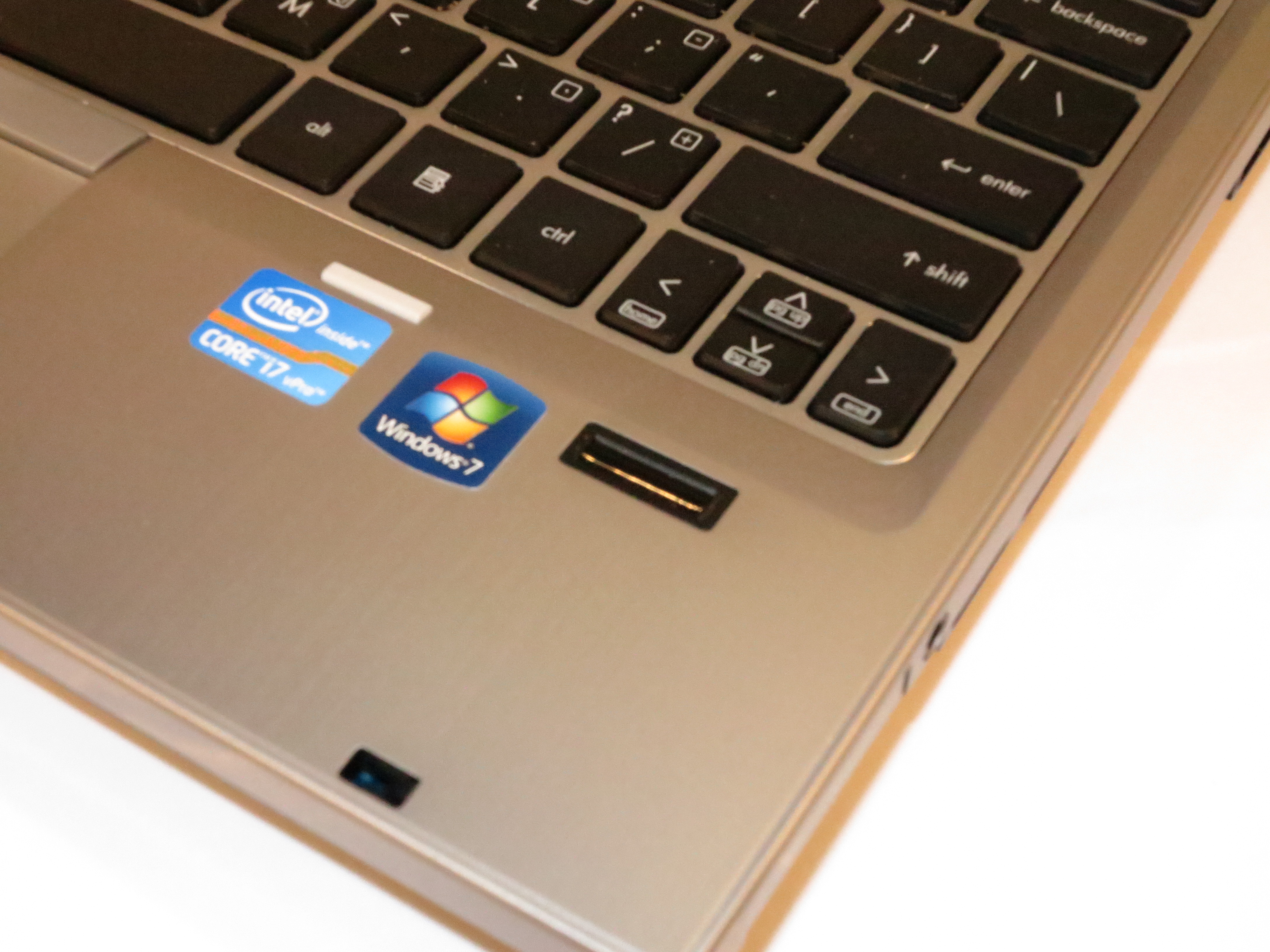Article
Apple iOS 9 upgrade could make old iPhones feel new again | The Age
My Comments
A common practice that takes place when an operating system is being written for a computing platform is that extra code is bolted on to the existing code to give it more functionality or cater to newer hardware. This happens due to newer peripheral types or connection methods being available to the computing platform or these devices being improved; along with security and stability questions that are raised through the software’s lifespan being answered.
But after a succession of releases, the operating system’s software-footprint becomes increasingly larger and ends up being slower to run. In the case of battery-operated equipment like smartphones, tablets and laptops, this same situation places a strain on the amount of time you can run this device on its own batteries.
This is more true when the operating system is partnered with older hardware that can be slower or not have enough storage capacity. It then comes to a tipping point in the operating system’s life that the software has to be rewritten from the ground up for improved performance and to have the newer abilities factored in to the software’s codebase.
This had happened with Windows when the security enhancements that were added on to Windows Vista made that version of the operating system become too slow and unwieldy. Microsoft subsequently rewrote the Windows codebase to provide for a highly-stable highly-secure operating system in the form of Windows 7.
It also happened with Android where version 4.3 Jelly Bean and 4.4 Kitkat became unwieldy with certain functions like handling Bluetooth or security-related functions. Android 5 Lollipop had a lot of this functionality written in to its codebase rather than being tacked on thus making for an operating system that was more stable.
Now it is happening with Apple’s operating systems – the iOS mobile operating system and MacOS X operating system. Both these operating systems will be undergoing a rewrite with minimum emphasis on new functionality but more to iron out the bugs. The Age article highlighted the fact that iOS 9 will work more “tightly” on older iPhones like the iPhone 4 Series, giving some sort of freshness to these devices.
A reality that can happen after one of these major overhauls is that as the computer scene changes and the operating system undergoes further revisions to accommodate the new changes, it could end up being bloated again. Again, this is the time that one of these major rewrites would have to take place in order to keep devices of that platform running smoothly.




